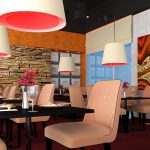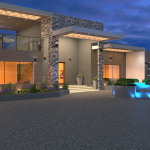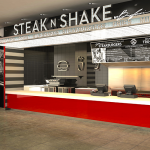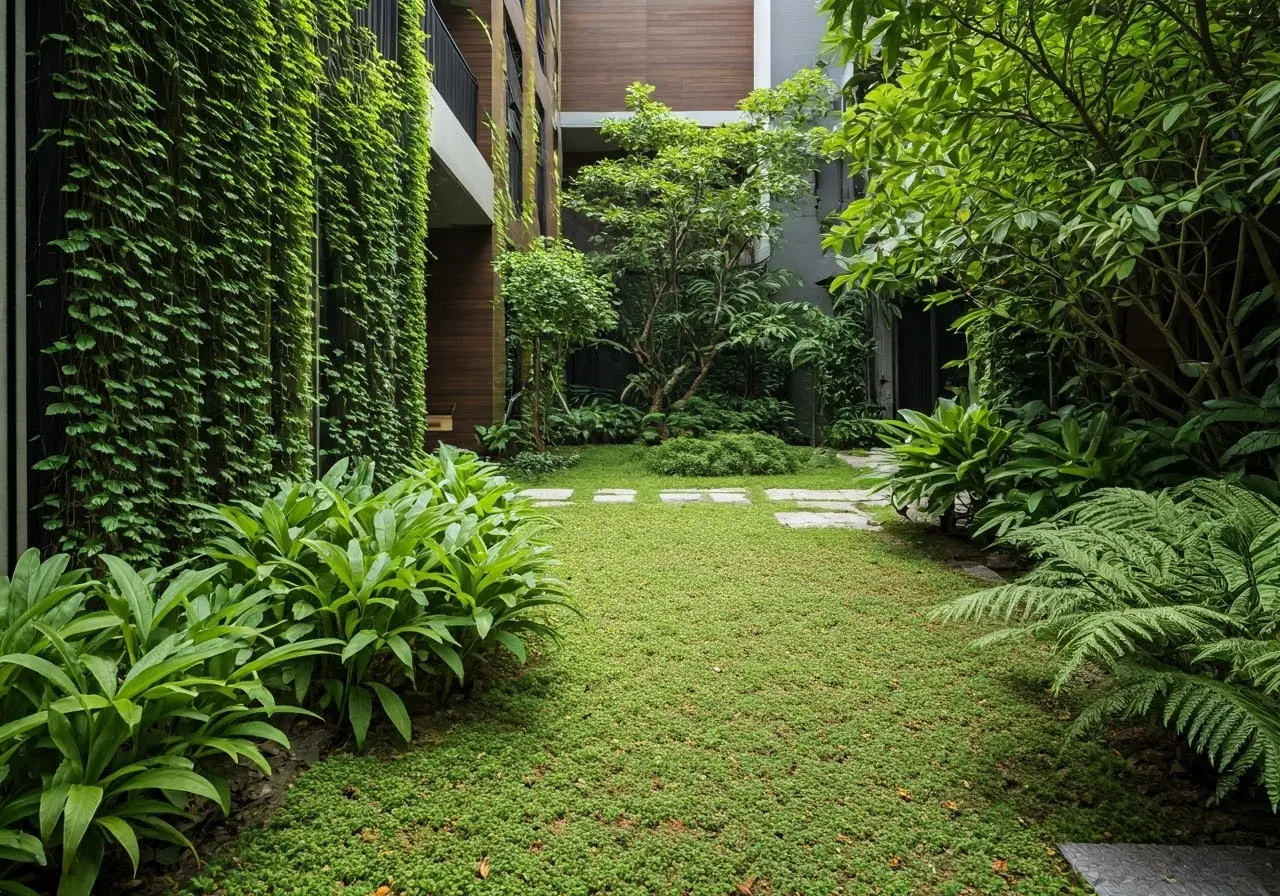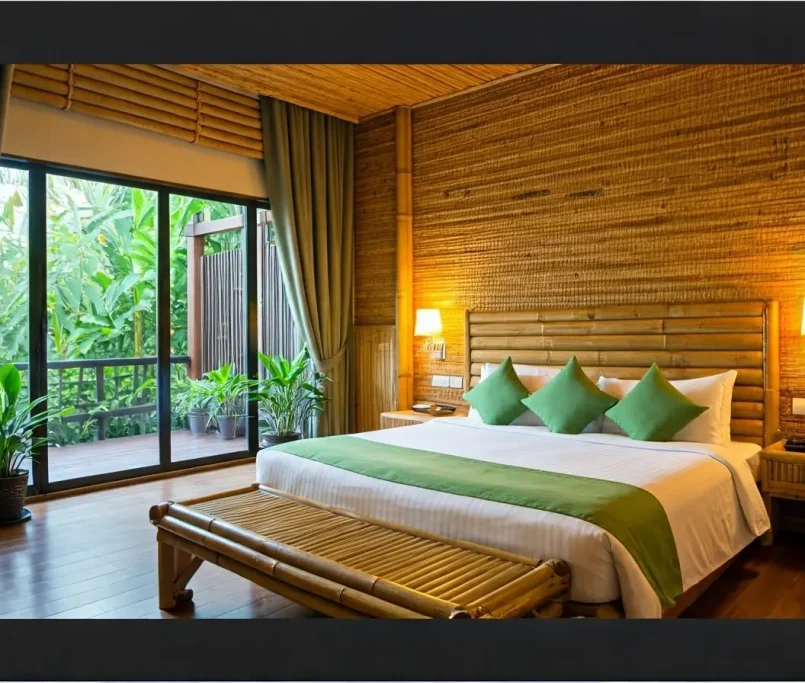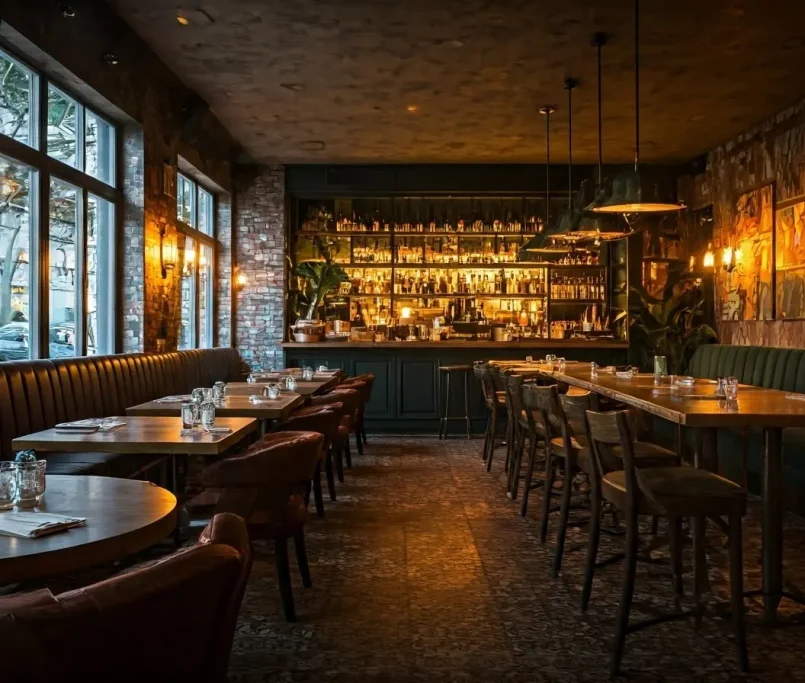Sustainable Approaches in Boutique Hotel Design for Los Angeles
In the heart of Los Angeles, a city synonymous with glamour and innovation, boutique hotel design is experiencing a transformative shift. As environmental consciousness rises, so does the demand for sustainable practices in the hospitality sector. This blog explores how boutique hotels in Los Angeles are embracing eco-friendly design, balancing luxury and sustainability to create unique guest experiences.
The Importance of Sustainability in Boutique Hotel Design
Sustainability has become a key consideration in the hospitality industry as travelers increasingly seek eco-friendly accommodations. Boutique hotels, known for their personalized services and distinct character, are uniquely positioned to lead this change. In Los Angeles, these hotels are rethinking design to minimize environmental impact while maintaining the luxury and charm that their guests anticipate.
This movement is not merely a trend; it reflects a profound shift in consumer expectations and industry standards. According to a study, travelers are more than willing to support hotels that demonstrate a commitment to reducing their carbon footprint and employing sustainable practices. Therefore, sustainability in hotel design is more than a necessity—it is a social responsibility. Los Angeles, with its vibrant culture and dedication to innovation, is at the forefront of transforming the industry, inspiring boutique hotels to balance ambition with eco-consciousness.
Incorporating Eco-Friendly Materials
Using sustainable materials in construction and interior design is crucial for environmentally responsible hotel design. Many boutique hotels in Los Angeles are turning to recycled, local, and renewable materials to reduce their carbon footprint. From reclaimed wood furniture to natural fibers in textiles, these choices not only support sustainability but also contribute to a unique and authentic guest experience.
The Las Vegas Shore Hotel in Santa Monica exemplifies this approach, using locally sourced, recycled, and recyclable materials throughout its construction. This Gold LEED-Certified property ensures that everything—from the design of the building to its daily operations—minimizes the consumption of natural resources. Additionally, the hotel’s efforts include native landscaping and maximized natural daylight, fostering an eco-friendly environment that aligns with the ethos of sustainable luxury.
Incorporation of eco-friendly materials goes beyond walls and floors; it extends to the very fabrics guests come into contact with daily, such as bed linens and towels. By selecting textiles made from organic cotton or bamboo, boutique hotels ensure that every touchpoint within their spaces contributes to an overarching narrative of sustainability. This integration presents a broader narrative that guests become a part of, establishing a deeper connection and loyalty to eco-consciousness.
Energy Efficiency and Smart Technology
Energy efficiency is at the forefront of sustainable design strategies. Los Angeles boutique hotels are increasingly adopting smart technology solutions, such as automated lighting systems, energy-efficient HVAC units, and solar panels. These innovations optimize energy use, reduce costs, and enhance guest comfort, reflecting a commitment to sustainability without compromising luxury.
The importance of smart energy solutions cannot be understated. JW Marriott Los Angeles L.A. LIVE, for instance, employs energy-efficient appliances and non-toxic products in its operations, earning the prestigious Green Seal Silver Certification. This accolade places it among the top-tier sustainable hotels that impeccably balance eco-friendly practices with high-end luxury. Such implementations showcase how technology-driven solutions can coexist with traditional hospitality, yielding rewarding environmental and economic outcomes.
Beyond energy conservation, innovative technologies are redefining the guest experience. Smart thermostats and lighting systems adapt to guest patterns, creating a personalized and efficient stay. Motion sensor lighting is another example that not only trims down electricity consumption but also aligns with the demand for convenience and technology integration. These advancements bring operational efficiency and showcase the seamless fusion of modern technology and green practices in hotel design.
The Role of Biophilic Design
Biophilic design integrates nature into the built environment, offering numerous benefits for both hotel guests and employees. By incorporating elements like green roofs, indoor gardens, and natural light, boutique hotels in Los Angeles are creating tranquil and rejuvenating spaces. This connection to nature not only enhances the aesthetic aspect but also promotes well-being and sustainability.
The Sheraton Grand Los Angeles, a LEED-certified property, embodies the essence of biophilic design. The hotel engages in a multitude of eco-friendly initiatives, such as maximizing access to natural daylight and integrating indoor greenery, creating lively spaces that boost mood and health. The infusion of natural elements elegantly merges urban luxury with an eco-retreat ambiance, encouraging guests to reconnect with the environment while relaxing in sustainable comfort.
Further, biophilic design serves as a catalyst for sustainable education. By promoting green practices through architectural and design choices, hotels have the opportunity to foster awareness among guests and inspire them to adopt environmentally-friendly habits. Connecting guests with nature within urban settings not only elevates their stay but also reinforces the emerging ‘glocal’ philosophy—acting local while thinking global—part of the broader sustainability movement.
Community Engagement and Local Sourcing
Sustainability extends beyond architecture and interiors to involve local communities and economies. Boutique hotels in Los Angeles are embracing community engagement by sourcing locally produced goods and services. This approach reduces carbon emissions associated with transportation and supports local artisans and farmers, enriching the guest experience with authentic, locally inspired offerings.
Take, for instance, the Hilton Los Angeles/Universal City, which stands out for its sustainable practices, including eco-friendly suppliers and the use of locally sourced materials. Through partnerships with local farmers and artisans, hotels offer guests unique, region-specific experiences—culinary delights prepared with fresh, local ingredients and room amenities crafted by local craftsmen.
Moreover, engaging with the community fosters a sense of belonging and shared responsibility among travelers and locals alike. It highlights the importance of preserving cultural heritage while contributing to economic vitality. By championing local initiatives, boutique hotels become stewards of change, encouraging sustainable tourism and affirming Los Angeles as a trailblazer in the industry. The integration of local culture not only adds a distinctive flair to the guest experience but also strengthens the community’s efforts toward a greener future.
The Future of Sustainable Boutique Hotels in LA
Boutique hotels in Los Angeles are redefining sustainable luxury. By integrating green building materials, energy-efficient technologies, and prioritizing biophilic designs, they are paving the way to a more eco-conscious future. These innovative approaches not only enhance the guest experience but also contribute significantly to a more sustainable world, ensuring Los Angeles remains a leading example in environmentally responsible tourism. For more information on how we’re contributing to this paradigm shift, visit our homepage.



